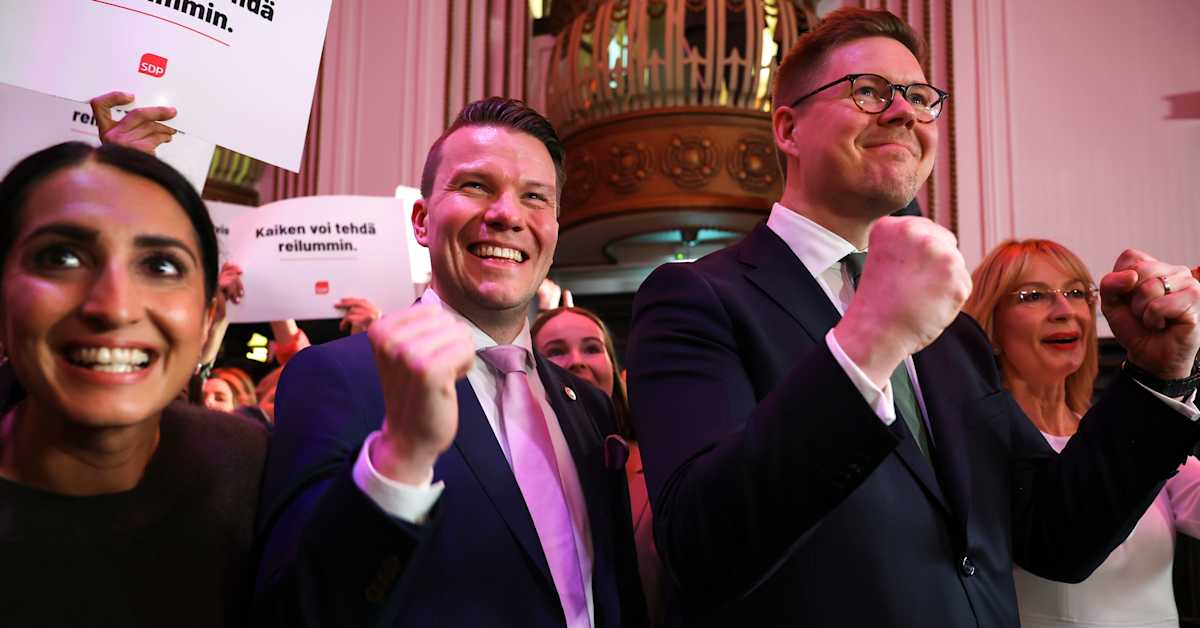Finland headed to the polls on Sunday to elect thousands of councillors in a range of local and regional bodies.
The Social Democrats took a big win in the municipal elections, taking nearly one in four votes nationwide to push the National Coalition Party of Prime Minister Petteri Orpo into second place.
In the county council elections, for 21 regional bodies that arrange social and healthcare outside Helsinki, the SDP also topped the poll. The Centre Party recorded a good result in its rural heartlands to secure third spot.
Government parties did poorly, with all but the NCP losing support compared to the previous municipal elections in 2021. Turnout in the municipal election was 54.2 percent, while the county elections saw 51.7 percent of eligible voters cast their ballots.
The dual vote for municipal and county councils caused logistical issues for election officials, with counting slower than usual for Finland, where large numbers vote in advance and results are usually clear within a couple of hours of polls closing.
The Finns Party saw support collapse compared to the last municipal election, with the party nearly halving its vote from four years ago. They lost support in several towns that are seeing hospital services cut back as part of the central government’s savings drive.



He’s talking about when they’re still small (e.g. 1928) Not forming a coalition when they’ve grown to a significant portion of the seats (1930 onwards).
In most countries, the established parties are so reactionary to the prospect of a far-right party growing that they normally fight to exclude such a party from even the tiniest bit of power. This drives the narrative of a corrupt undemocratic system full of people desperately clinging to power. Once that starts it’s only a matter of time before enough people believe it, elect a dictator, and only then understand what undemocratic looks like.